Vatican City — Pope Francis, the first Latin American pope and a moral voice for the world’s marginalized, has died at the age of 88. His passing was confirmed by Vatican officials on Easter Monday, marking the end of a papacy that redefined the modern Catholic Church and its relationship with the world.
Francis passed away at 07:35 CEST at his residence in the Domus Sanctae Marthae within Vatican City, following complications from double pneumonia. His health had been in decline in recent months, with multiple hospitalizations earlier this year.
Born Jorge Mario Bergoglio in Buenos Aires, Argentina, Francis made history when he was elected in 2013 — becoming the first Jesuit pope, the first from the Global South, and the first to choose the name “Francis,” a reference to Saint Francis of Assisi, known for his devotion to peace and the poor.
Over his 12-year papacy, Francis became known for breaking tradition in quiet but powerful ways. He lived in modest quarters, shunned the pomp of the papal palace, and emphasized a church “for the poor, not the powerful.” Under his leadership, the Vatican opened new conversations around LGBTQ+ rights, climate change, economic inequality, and the Church’s own failings — including historical abuses.
His death leaves behind a Catholic Church that is still wrestling with deep internal divisions but also one that has been pushed closer to the concerns of everyday people. For millions — both inside and outside the Church — Francis represented a shift from authority to empathy, from doctrine to dialogue.
Pope Francis’s tenure was not without controversy; he faced criticism from conservative factions for his progressive stances and from progressives who felt his reforms did not go far enough. Nonetheless, his impact on the Church and the world was profound, as he sought to make the Church more inclusive and responsive to contemporary issues.
The Vatican has confirmed that Pope Francis will be buried in the Basilica of Santa Maria Maggiore, a site of special personal significance to him. The papal conclave to elect his successor is expected to begin in between May 06 and 11, 2025 in the Sistine Chapel.
As tributes pour in from around the globe — from religious leaders to heads of state to citizens — Pope Francis is being remembered not just as a pope, but as a human being who tried to bring the Church closer to humanity.
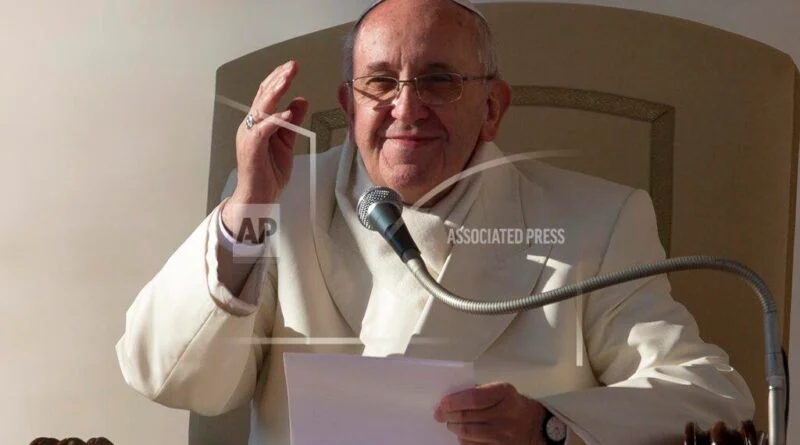













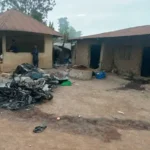

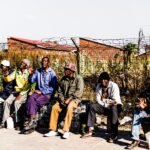


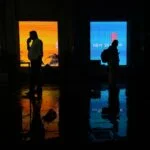




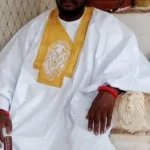
Mo Riddiford
With all due respect to his good aspects, I mourn the fact that everyone quietly avoids the stinking elephant in the room. The author of this piece also.
This man with such power has not fixed an evil scourge on all of humanity.
He did not stop the hundreds and hundreds of convicted mass serial child-abusing priests.
He has not stopped the probable thousands of priests still rabidly roaming, ravaging, and raping.
I don’t want to hear one word about this man or his successor until the entire Church, including its laity, fixes this awful sin. The ball is in your court.